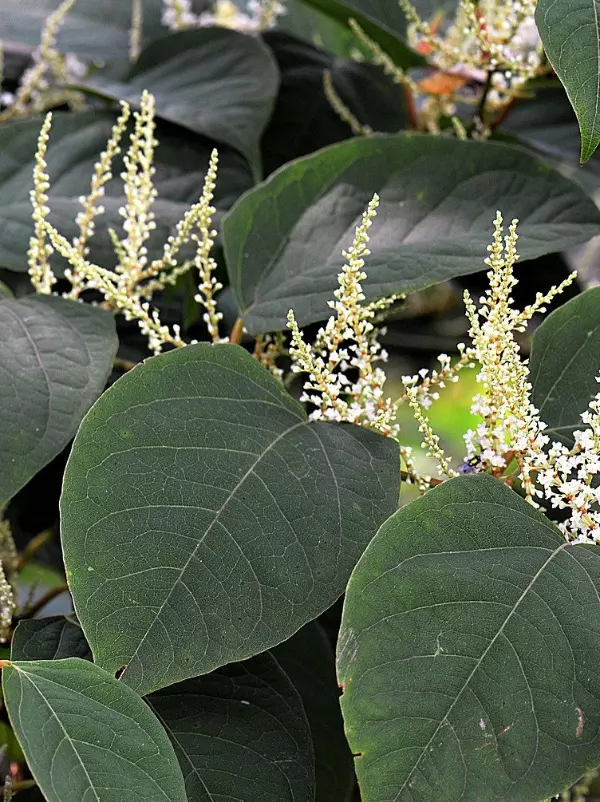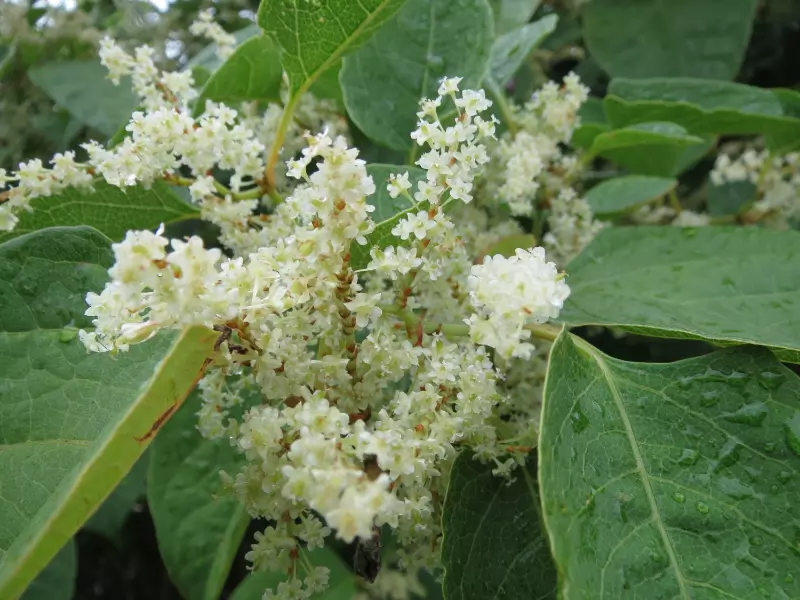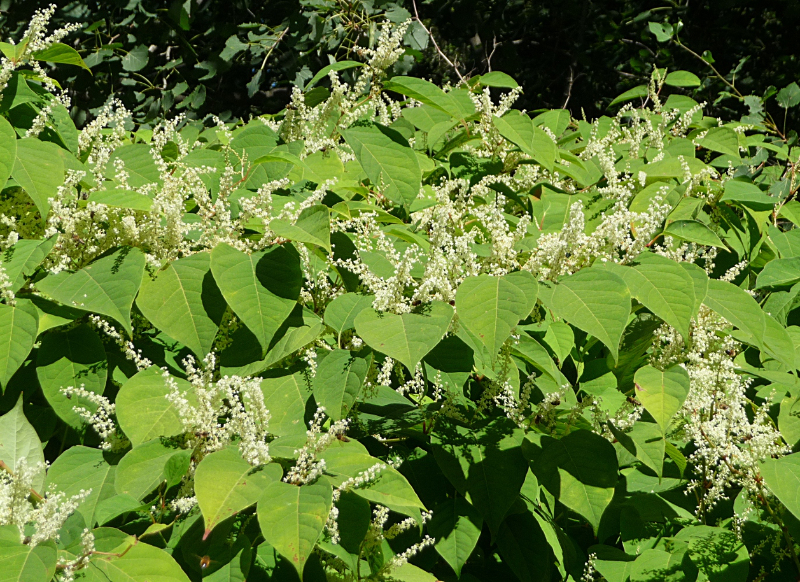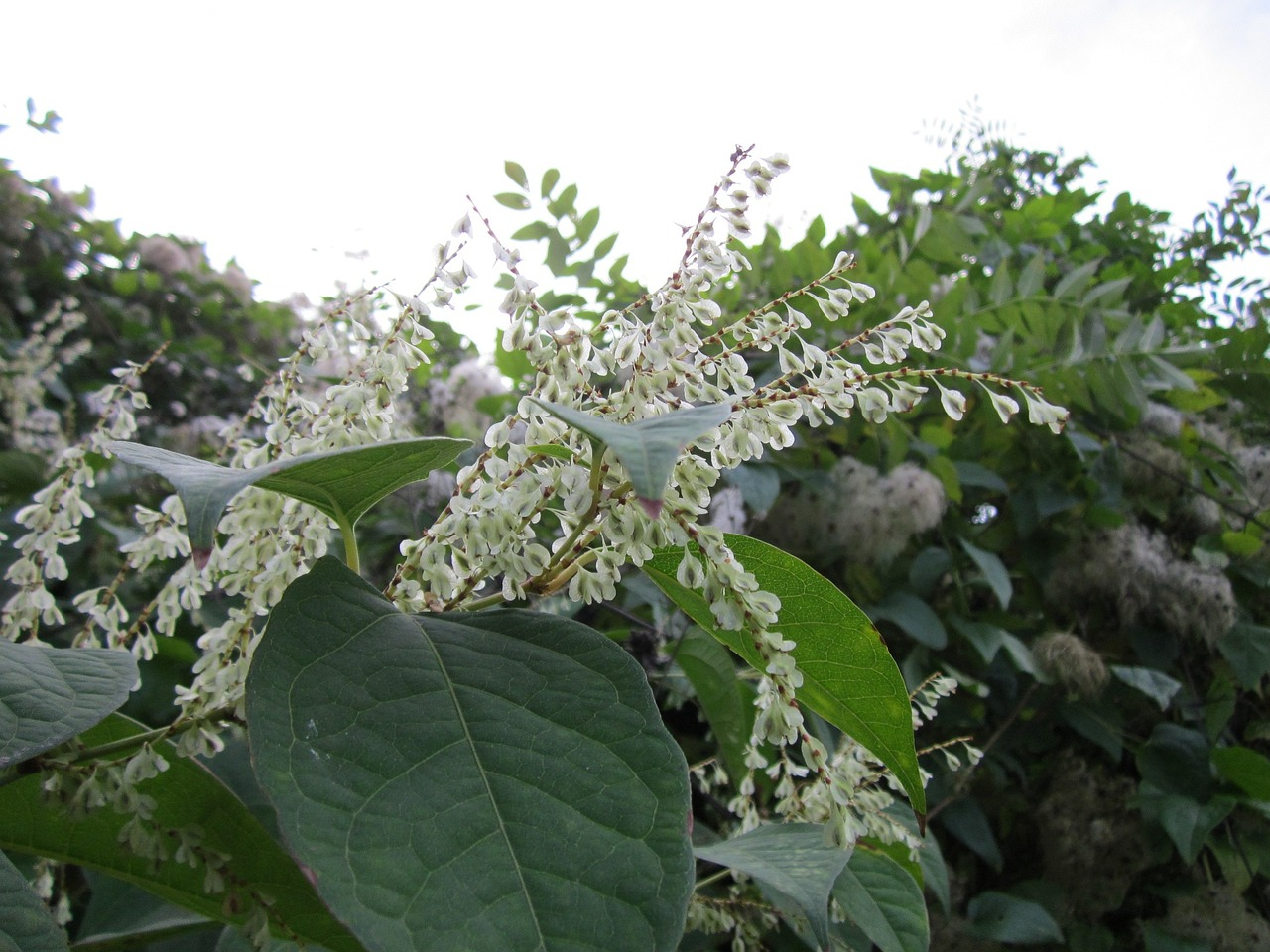Can I sell a house with Japanese knotweed? Learn about legal obligations, potential buyer concerns, and effective strategies for addressing Japanese Knotweed during the home-selling process.
Discover how to protect your property value and reassure potential buyers.
This article discusses the implications of selling a property infested with Japanese Knotweed, a notorious and invasive plant species known for causing structural damage.
While it is possible to sell such a property, several challenges arise, including the need for identification, the extent of the infestation, and measures for control.
Can You Sell A Property With Japanese Knotweed?
Indeed, it is possible to sell a property infested with Japanese Knotweed. However, there are essential considerations that significantly affect the selling process and its results. This invasive plant species is infamous for causing structural damage to properties— a valid concern for potential buyers and mortgage lenders alike. The presence of Japanese Knotweed can turn the supposedly simple process of selling a property into an excessively complex and lengthy procedure. As a result, sellers may find themselves in a situation where they need to address several critical issues related to the plant.
These concerns range from its identification and the extent of its spread within and around the property to the measures taken to control the infestation. Sellers also have to deal with the possibility of the weed recurring in the future, even after remediation efforts have seemingly removed it. Furthermore, prospective buyers will typically require evidence of professional remediation and guarantees against the recurrence of the plant. This means that sellers would need to enlist the services of a certified Japanese Knotweed removal company to conduct a thorough survey and implement a tailored remediation strategy.
Therefore, while it is indeed possible to sell a property with Japanese Knotweed, it can introduce several hurdles that will likely lengthen your sales process. Nonetheless, with the proper guidance from professionals, these obstacles can be navigated successfully. Remember, honesty, transparency, and professional help are keys to selling a property infested with Japanese Knotweed smoothly. You want to address this issue grimly and earnestly- not just for you but also for your potential buyers.
Can I Get Rid Of Japanese Knotweed Myself?

While it may seem enticing to take on the challenge of resolving the Japanese Knotweed issue on your own with the purpose of saving money or hastening the completion of a property sale, it's broadly recommended not to do so.
Japanese Knotweed is a stubborn and invasive plant species, and to efficiently remove it and prevent its future growth, it necessitates intervention from professional plant treatment specialists. This worldwide-recognised plant is known for its hardiness and resilience, making it incredibly challenging to remove.
If one attempts to eradicate it through a do-it-yourself project without professional advice or treatment assistance, they may unintentionally contribute to its spread. This could then lead to a greater issue, with increased costs and effort required to fully rectify the situation.
The plant tends to spread rapidly through a root system called rhizomes, replicating itself significantly even from the smallest segments. Even a minor miscalculation during a DIY eradication process could stimulate further growth of the plant.
Hiring a professional treatment service, although potentially time-consuming and somewhat expensive, is advised for the comprehensive and effective removal of this aggressive weed. These professionals not only possess the requisite knowledge and expertise but also have access to sophisticated equipment and specialised treatment methods.
Specialist companies also understand the legal obligations and environmental regulations surrounding Japanese Knotweed, ensuring that the disposal process complies with local law enforcement. This is particularly important as it is illegal to dispose of Japanese Knotweed incorrectly, which means you could face a hefty fine if you make a mistake.
In addition, consulting professionals generally offer peace of mind to property owners and buyers, reducing the risk of property value depreciation due to the presence of the weed. This gives security to both parties involved in the property transaction, providing assurance that the treatment will solve the issue effectively.
Even though employing a professional Japanese Knotweed treatment plan might seem costly and time-intensive, it ensures a thorough and legally compliant job is carried out. It reduces both potential fiscal and legal implications that might arise from inefficient and improper handling of the persistent and invasive plant. Therefore, relying on professional treatment is indisputably the smartest and safest approach toward handling the Japanese Knotweed dilemma.
Should I Inform My Estate Agent About Japanese Knotweed?
When selling a property, it's always a wise move to be open and transparent with your estate agent about any issues that could affect the process. This is especially true when it comes to the presence of Japanese Knotweed, a problematic and invasive plant. By disclosing this information early, you can help avoid potential difficulties, misunderstandings and even legal claims further down the line.
These days, house buyers are becoming well-informed and aware - they know the challenges that Japanese Knotweed can bring. This invasive plant can cause structural damage to properties and is notoriously difficult to eradicate. Failure to disclose its presence can result in the sale falling through and potentially, a claim being lodged by the buyer.
Therefore, it's best to communicate about this potential issue from the word go. This not only builds trust but also allows any necessary remediation measures to be discussed, helping to ensure a smoother sale process. By taking this approach, you can help to manage expectations, reducing the risk of last-minute surprises that could jeopardise the transaction.

Does Japanese Knotweed Affect Property Value?
Absolutely, it does. Japanese Knotweed, despite its seemingly innocuous presence, holds the potential to drastically reduce a property's worth. This isn't just due to its physical impact; it can grow through tarmac and even infiltrate building foundations. It is the cost and difficulty associated with the treatment and removal of this invasive plant that can lead to significant financial implications.
Make no mistake; dealing with Japanese Knotweed is not as simple as pulling it out and chucking it in your garden waste bin. It needs to be properly treated and removed by professionals to ensure that it does not regrow. Moreover, the property often requires an insurance-backed guarantee to cover any potential regrowth, further adding to the cost.
The presence of Japanese Knotweed can also impact the market-driven value of the property. Its notoriety is well-known amongst potential property buyers, which increases their caution and reluctance to purchase properties infested with this weed. This subsequently results in a decrease in the demand for such properties, thus leading to a drop in the perceived and actual property market value.
Are Properties With Japanese Knotweed Hard To Sell?
If you're attempting to sell a property and you discover the presence of Japanese Knotweed amidst your landscape, you might find the process somewhat more intricate. This is simply because this particular plant when it begins to flourish, becomes an issue that not every potential home buyer is delighted at the prospect of tackling.
It has the tendency to limit the number of offers you receive for your property, thereby lengthening the amount of time your house lingers on the market. Furthermore, it's worth bearing in mind that mortgage lenders can also express reluctance when it comes to lending money against properties affected by Japanese Knotweed.
This concern emanates from the potential damage that this invasive plant species can have on the physical structure of the property. Knotweed is reputed for growing at a vigorous pace and penetrating deep into the foundations, which can result in a significant schedule of repair works. Nonetheless, it's important to not be totally disheartened.

Selling a property infected with Japanese Knotweed might present a more significant challenge, but it is by no means impossible, especially if the situation is dealt with effectively. Potential buyers are likely to be more inclined if they can see that professional and effective measures have been taken to control and eradicate the Knotweed infestation. In this direction, it can be greatly beneficial to proactively address the problem.
As soon as you identify Japanese Knotweed on your property, engage professionals who specialise in the treatment and removal of this plant. Not only can they help to curtail its growth, but they can also equip you with a management plan to help alleviate any concerns with mortgage lenders and potential buyers.
Dealing with these issues in advance can significantly improve the chances of a successful sale. It provides evidence that you are a responsible seller, who is taking necessary steps to rectify the issue. By doing this, you may find that buyers are less apprehensive about making an offer, and lenders are more willing to provide mortgage approval.
Do you have an invasive plants problem? If you require invasive weed removal in Essex, London or throughout the UK, contact our expert today.


